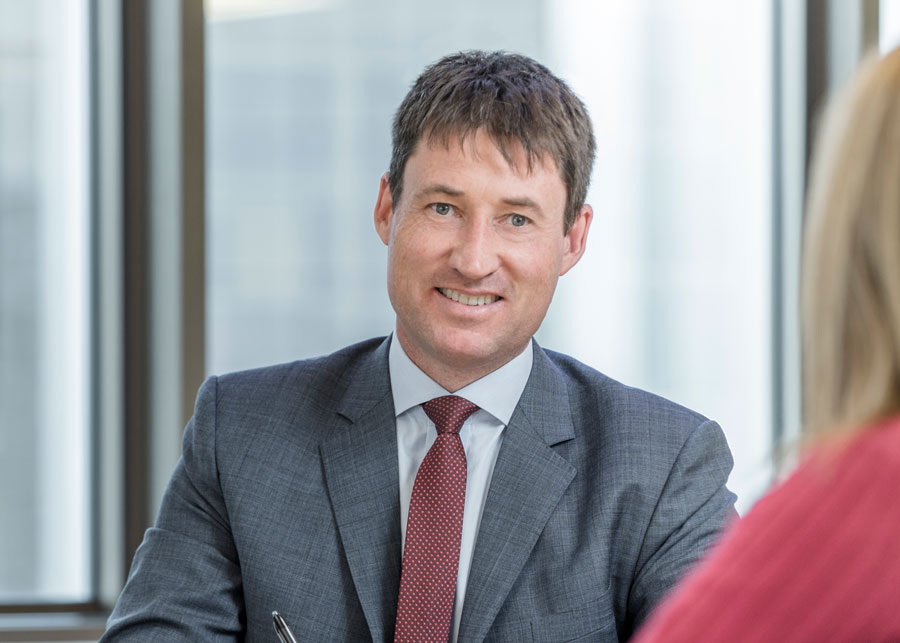What is expert evidence and when is it necessary?
Judges often need to make determinations on matters requiring the application of expertise or specialised knowledge. An expert gives opinion evidence to the Court on a technical, scientific or other specialist issue. Experts give evidence of opinion, not fact, based on their knowledge, training or experience.
Expert evidence is unnecessary where the Judge is able to decide the case or a disputed issue by using his or her own senses, knowledge and experience.
The ambit of expert evidence is very wide. In the insurance sphere, common areas where expert evidence is prevalent are prudent practice in the area of professional negligence, forensic accounting, engineering and valuation.
The starting point for all evidence is relevance. Evidence that is not relevant is inadmissible.1 Evidence is relevant to a proceeding if it has the tendency to prove or disprove anything that is consequential to the determination of the proceeding.2
Evidence of opinion and belief is generally inadmissible, save for two exceptions, one of which relates to expert evidence.
In order to be admissible as expert evidence, the opinion must be that of an “expert”, it must comprise “expert evidence”, and the fact-finder must be likely to obtain substantial help from the opinion in understanding other evidence in the proceeding, or in ascertaining any fact that is of consequence to the determination of the proceeding.
But what does this mean in practice and how do you make the most of expert evidence to ensure it achieves the objectives of persuading the other parties in negotiations and/or assisting the Court to reach the conclusions you want?
In short: select the right witness, ensure their expert opinion will be substantially helpful to the Court, and that they are objective and independent.
Selecting expert witnesses
An expert witness needs to demonstrate specialised knowledge or skill within their area of expertise based on training, study or experience. An expert should ideally be familiar with the requirements of giving expert evidence, be experienced in giving evidence in Court and be able to handle the pressure of cross-examination. It is not always possible to find an expert with prior court experience. In this case careful and thorough preparation for trial will help.
Substantial Helpfulness
Substantial helpfulness requires a consideration of the relevance, probative value and reliability of the evidence.3 The Judge is not bound to accept the expert opinion but can take it into consideration when determining the issues. In an appropriate case, expert opinion can be decisive. In Zurich Australian Insurance Limited v Withers [2016] NZCA 618, Andrea Challis and Kiri Harkess acting for Zurich successfully overturned the High Court decision. The Court of Appeal found that Zurich was not liable to indemnify Mr Withers, who was a chartered accountant, because he was dishonest within the exclusion of his policy with Zurich and his liability arose in connection with those dishonest acts. Zurich relied on expert evidence about the prudent and honest practice of an accountant in accordance with the New Zealand Institute of Accountants (NZICA) Code of Ethics, which the respondents failed to challenge. The expert evidence was decisive in this instance.
Objectivity and Independence
Experts giving evidence must comply with the Code of Conduct for Expert Witnesses (Code) in the High Court Rules. The expert must state in their written brief that they have read the Code and agree to comply with it.4 An expert is there to assist the Court and not act as an advocate for the party who engages them. The expert must give an independent view, and be impartial and objective. Lack of independence does not render expert evidence inadmissible except in the most extreme cases but goes to the weight of the evidence.5 In Prattley Enterprises Ltd v Vero Insurance New Zealand Ltd [2016] NZSC 158, Mr Prattley instructed Risk Worldwide to take its case on a no-win, no-fee basis. Prattley called George Keys, who was a loss adjuster, as an expert quantum witness. Mr Keys sought to give expert evidence for Prattley regarding the assessment of depreciation rates in material damage claims. The problem was that Mr Keys had a financial interest in the outcome of the litigation as a principal of Risk Worldwide. Vero successfully challenged Mr Keys’ evidence on the basis that he was not impartial. The trial judge rejected Mr Keys’ expert opinion as not helpful or reliable. Moreover, Mr Keys failed to meet his obligation to state the facts and assumptions on which his opinion rested. The Court of Appeal said this omission sufficiently justified the trial judge’s conclusion.
Concluding Comment
Expert evidence often addresses complex issues. Through an understanding of the fundamental role of experts and the technical requirements that flow from that role, you can maximise the benefit of such evidence at mediation and trial.
- Evidence Act 2006, s7(2).
- Evidence Act 2006, s7(3).
- Mahomed v R [2010] NZCA 519 at [35]; Pora v R [2015] UKPC 9, (2015) 27 CRNZ 47 at [41].
- District Court Rules 2014, r 9.34 and High Court Rules 2016, r 9.34.
- C&S Kelly Properties Ltd v Earthquake Commission and Southern Response Earthquake Services Ltd [2015] NZHC 1690 at [145] citing Geddes v New Zealand Dairy Board HC Wellington CP52/97, 27 August 2003, at [73]-[74].
This publication is intended as a general overview and discussion of the content dealt with. It should not be used in any specific situation, in which case you should seek specific legal advice.
